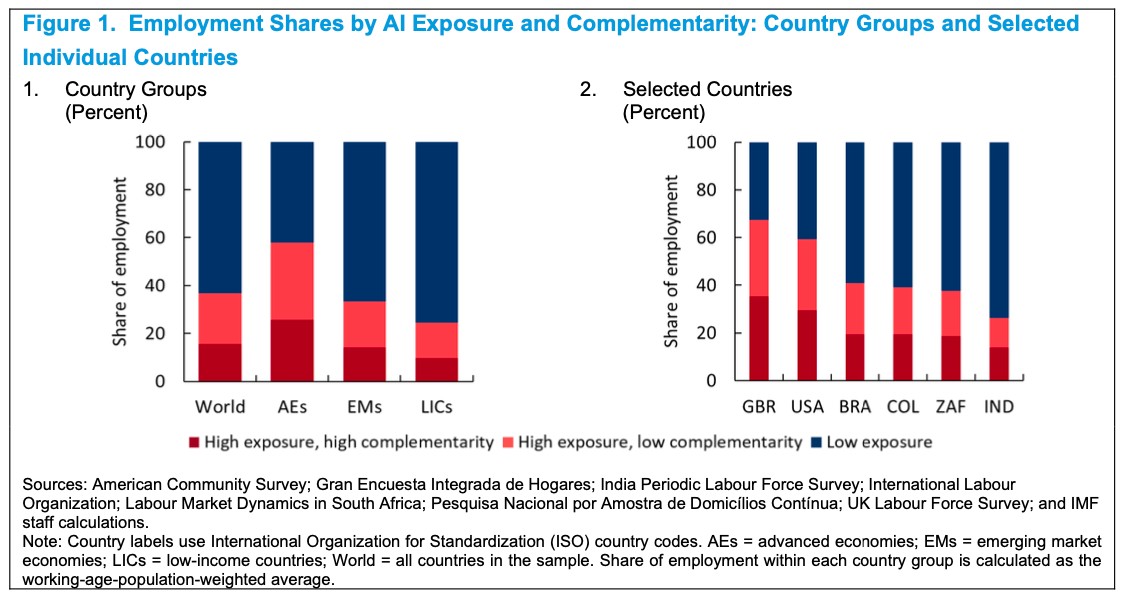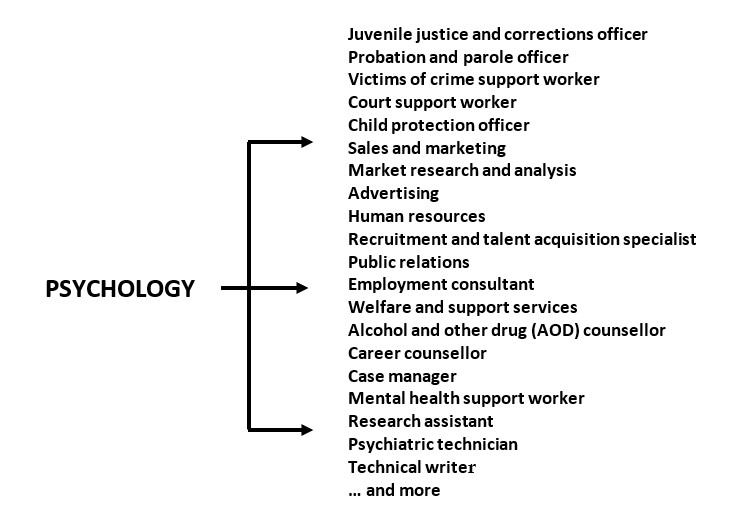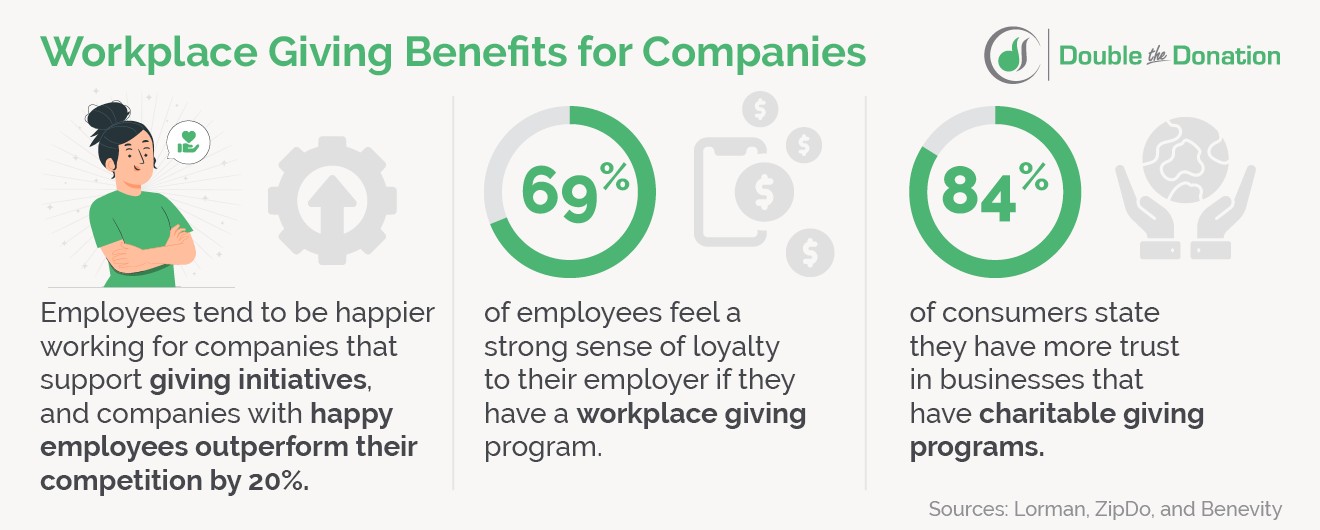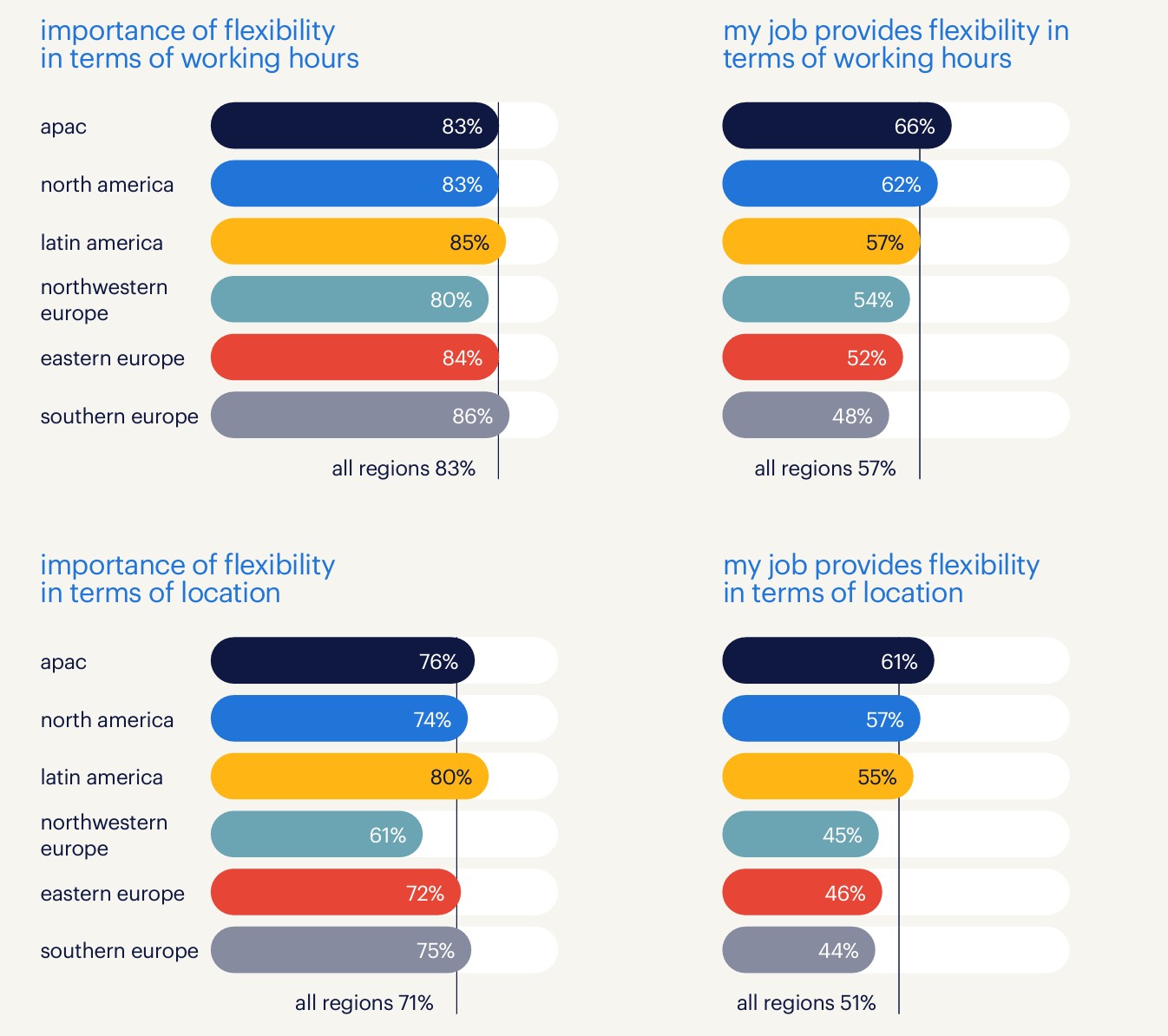The AI Paradox: How Automation is Actually Increasing Work Hours
The promise of AI freeing up time for workers has turned into a paradox, with companies using automation to justify extreme productivity demands. As organizations chase machine-like efficiency, employees face mounting pressure and burnout while struggling to maintain work-life boundaries.
AI Adoption in the Workplace Surges Despite Uneven Implementation
Recent studies reveal company-wide AI adoption rates ranging from 5-40%, while individual worker usage reaches 20-40%, with technical roles showing higher adoption. Growth trajectories are impressive, with businesses seeing 73-78% annual increases and individual worker AI tool usage growing 145% year-over-year.
Toxic Manager Warning: How Narcissistic Leaders Can Sabotage Your Career Growth
Renowned psychologist Dr. Ramani Durvasula reveals the warning signs of narcissistic managers who deliberately hinder employee advancement through manipulative tactics like 'future freezing.' Learn how to recognize these toxic workplace dynamics and take strategic action to protect your career trajectory.
The Business Case for Kindness: How Prosocial Workplaces Drive Success
Research shows that organizations fostering kindness and generosity achieve better business results and improved financial performance. Studies reveal that prosocial behaviors from CEOs to employees lead to higher productivity, profitability, and customer satisfaction while reducing turnover.
Spain Proposes Historic 37.5-Hour Work Week While Maintaining Full Salaries
Spanish government ministers have agreed to reduce the standard work week from 40 to 37.5 hours without cutting wages, marking a revolutionary shift in labor policy. The groundbreaking proposal, which still requires parliamentary approval, aims to enhance work-life balance and economic productivity across the nation.
UK's Four-Day Work Week Revolution: 200 Companies Lead the Way
Two hundred British companies, employing over 5,000 people, have permanently adopted a four-day work week without pay cuts. The movement spans multiple sectors, with marketing, charity, and tech firms leading the charge, while younger workers strongly support this shift toward better work-life balance.
Global Survey: Work-Life Balance Overtakes Salary as Top Employee Priority
A landmark Randstad survey reveals that 83% of global workers now prioritize work-life balance over compensation, marking a historic shift in workplace values. The study shows increased demands for flexibility and community, with younger generations leading this transformative change in work culture.
JPMorgan Mandates Full Return to Office in 2025, Ending Remote Work Era
JPMorgan Chase announces its sixth and most stringent return-to-office mandate since 2020, requiring all employees to work in-office five days per week starting January 2025. CEO Jamie Dimon continues his firm stance against remote work despite the bank's paradoxical reduction in office space.
The Great Retirement Rebellion: How Generation X is Redefining Life After 60
As Generation X approaches 60, they're shattering traditional retirement norms with over 65% planning to work beyond conventional retirement age. This independent generation is pioneering a new model of gradual career transition that reflects increased longevity and changing economic realities.
Vacation Time Crisis: Americans Trading Rest for Responsibilities as Burnout Soars
A staggering 79% of Americans report burnout while using less than half their paid time off for actual rest, choosing instead to spend vacation days on errands and responsibilities. The concerning trend shows only 18% of workers use their full PTO benefits, with many willing to pay for extra days off.









